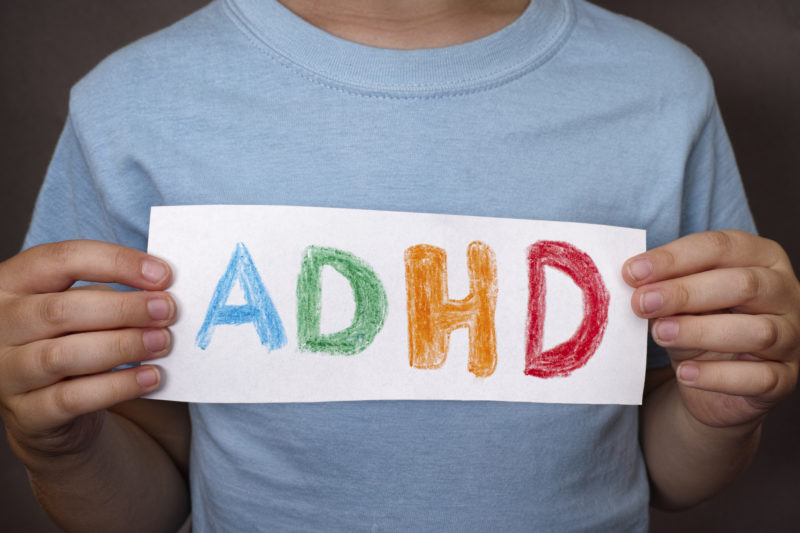Understanding ADHD in Children

Posted on April 7, 2017
Attention Deficit Hyperactivity Disorder (ADHD) is a biologically-based disorder that affects the brain. ADHD is a common childhood behavioral disorder that can be well managed with the proper treatment.
What are the symptoms of ADHD?
Children with ADHD may show one or more of these symptoms:
- Difficulty paying attention or focusing
- Hyperactivity
- Acting on impulse
- Behaving as if “driven by a motor”
- Forgetfulness
- Talking excessively and/or interrupting
How do I know if my child has ADHD?
Often, ADHD is first noticed when a child goes to school. If your child is 6 years of age or older and has shown symptoms of ADHD for more than six months, talk to his or her doctor.
Getting a diagnosis of ADHD
There is no single test for ADHD. Diagnosing ADHD involves gathering information from many sources. The American Academy of Pediatrics has guidelines for diagnosing ADHD. It’s important for your doctor to rule out other possible reasons for your child’s difficulties.
Challenges that can mimic the symptoms of ADHD can include:
- Developmental disabilities
- Trouble hearing or seeing
- Speech or language problems
- Depression or anxiety
- Learning disabilities
- Oppositional/defiant behaviors
Treatment for ADHD
If the doctor confirms your child has ADHD, he or she will advise you about a course of treatment. There are many treatment options. Your child’s doctor may suggest these options:
- Learning more about ADHD
- Monitoring your child’s behavior
- Therapy for your child and family
- Parent education and training
- Planning for how to manage behavior
- Medication
Because treatment may vary for each child, you should talk with your child’s doctor if you have any questions about ADHD.
Medication
Many parents worry about having their child on medication. While it is important for parents to understand possible side effects, stimulant medications are shown to be relatively safe and effective ways to treat ADHD symptoms. Your child’s doctor can give you more information.
It is important to keep your child’s doctor involved in your child’s care and informed on all diagnoses. Remember to provide all doctors treating your child with the health information they need, including any medications that he or she is taking.
Helping your child cope with ADHD
It’s not easy having ADHD. As a parent, it is important that you are involved in your child’s treatment.
Here are some things you can do to help your child:
- Have a daily routine for your child.
- Reduce the amount of time your child is exposed to loud music, electronic games, TV and places with lots of activity – like malls, arcades and theme parks.
- Reduce clutter in your home.
- Reward your child with a hug, a high five or small prize when he or she shows positive behaviors.
- Use calm and firm discipline right away, such as time-out or removing the child from a difficult situation.
Helpful Resources
National Institute of Mental Health www.nimh.nih.gov
National Attention Deficit Disorder Association www.add.org
Children and Adults with Attention Deficit/Hyperactivity Disorder (CHADD) www.chadd.org
American Psychiatric Association www.psychiatry.org
American Academy of Child and Adolescent Psychiatry www.aacap.org
Comments are currently closed.








